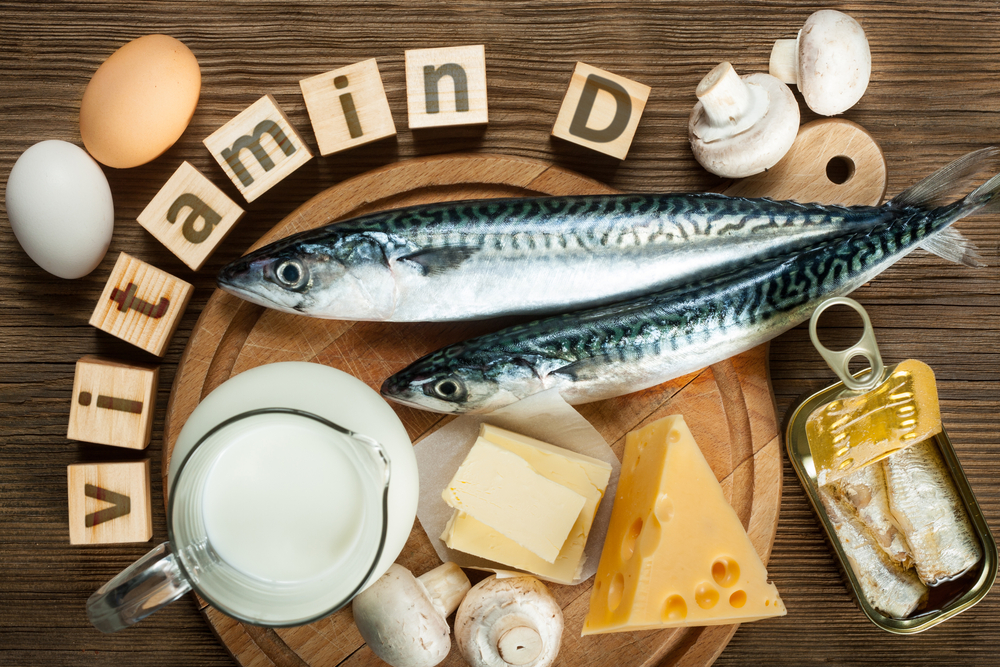Reducing salt intake may cut risk of heart attacks

Swapping table salt for a healthier low salt alternative may help cut the risk of heart attacks according to a recent study published in Heart magazine[i]. For the study, participants were divided into two groups and either given salt or a salt substitute to add to their food. The results showed that salt substitutes lowered blood pressure and rates of heart disease.
UK Government guidelines recommend no more than 6g (equivalent to one teaspoon) of salt a day yet on average most of us consume a lot more. The best way to start cutting back is to cook from scratch whenever you can, eat plenty of fresh vegetables and fruit and use herbs, spices, and citrus fruits instead of salt to flavour food.
Jarlsberg could help decrease the risk of bone thinning

Good news for lovers of cheese but make sure it’s Jarlsberg. The reason? A small daily portion may help decrease the risk of bone thinning with no adverse effect on cholesterol levels according to a recent study published in the BMJ Nutrition Prevention and Health Journal[ii]. Study participants were divided into two groups – half of them were asked to eat around 50g of Camembert a day and the other the same amount of Jarlsberg.
After six weeks their blood samples were checked for key chemicals including osteocalcin, a hormone linked to bone health, and vitamin K, which studies suggest might help to combat bone thinning.
The results showed an improvement in both osteocalcin and Vitamin K in those eating Jarlsberg. The camembert group did not display the same changes although when they switched to the Jarlsberg for a further six weeks similar improvements in the chemicals were noted.
Vitamin D could help reduce inflammation

The importance of vitamin D is well known but there is now a link between reducing inflammatory conditions. Inflammation is an essential part of the body’s healing process but if it persists it can contribute to a wide range of conditions such as type 2 diabetes, heart disease and autoimmune problems.
But now research from the University of South Australia[iii] has discovered a direct link between low levels of vitamin D and high levels of inflammation providing an important biomarker to help identify people at higher risk, or severity, of chronic illnesses with an inflammatory factor.
“Boosting vitamin D in people with deficiencies may reduce chronic inflammation, helping them avoid a number of related diseases such as CVDs, diabetes, and autoimmune diseases,” said study lead author Dr Zhou.
This study underlines the importance of making sure you have enough vitamin D to help you avoid chronic inflammation. The body synthesizes vitamin D from exposure to sunlight but in autumn and winter when the sun is lower in the sky the UK government recommends that we all take a supplement of at least 10ug to keep levels topped up.
Vitamin D is also found in small amounts in foods like oily fish (think herring, mackerel, salmon and sardines), red meat, liver, egg yolks and fortified foods such as breakfast cereals.
[i] www.bmj.com/company/newsroom/dietary-salt-substitutes-lower-risk-of-heart-attack-stroke-and-death/
[ii] http://dx.doi.org/10.1136/bmjnph-2022-000424
[iii] International Journal of Epidemiology, 2022; DOI: 10.1093/ije/dyac087











Add comment